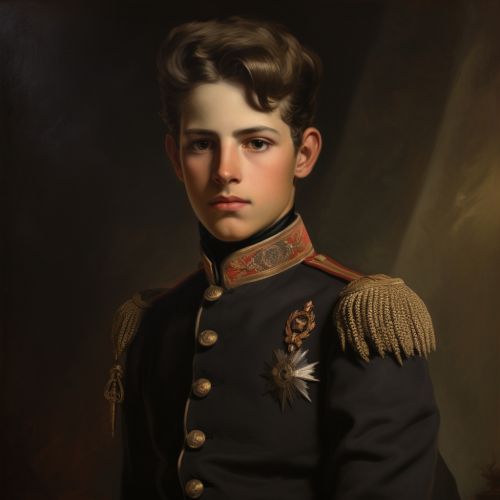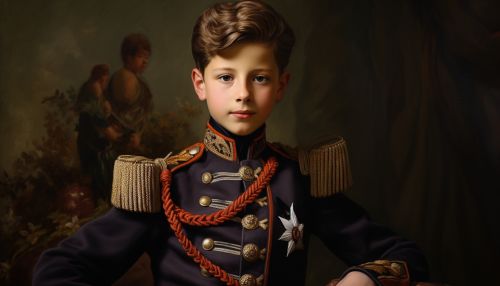Victor Emmanuel III of Italy
Early Life
Victor Emmanuel III was born in Naples, Italy, on November 11, 1869. He was the only child of King Umberto I and his wife, Queen Margherita. His education was rigorous and comprehensive, focusing on a wide range of subjects including history, science, and military strategy. He was particularly interested in the study of numismatics, a passion that would remain with him throughout his life.


Ascension to the Throne
Victor Emmanuel III ascended to the throne on July 29, 1900, following the assassination of his father. His early reign was marked by a series of political and social challenges, including the rise of socialism, labour strikes, and the aftermath of the Boxer Rebellion. Despite these difficulties, Victor Emmanuel III managed to maintain the stability of the Italian monarchy through a combination of diplomatic skill and political acumen.
World War I
Italy initially remained neutral at the outbreak of World War I. However, under the leadership of Victor Emmanuel III and his Prime Minister, Antonio Salandra, Italy entered the war on the side of the Allies in 1915. The war proved to be a difficult period for Italy, with significant losses on the battlefield and widespread social unrest at home. Despite these challenges, Victor Emmanuel III's leadership during this period is often credited with maintaining the unity and stability of the Italian state.
Fascist Era
The post-war period in Italy was marked by social unrest and political instability. In this environment, Benito Mussolini and his National Fascist Party rose to power. In 1922, Victor Emmanuel III was faced with a crucial decision when Mussolini and his March on Rome threatened to overthrow the government. The king chose not to declare martial law and instead invited Mussolini to form a government, a decision that effectively marked the beginning of the Fascist era.
World War II and Abdication
During World War II, Victor Emmanuel III's role was largely ceremonial, with Mussolini exercising most of the power. However, following the Allied invasion of Sicily in 1943, the king arrested Mussolini and appointed Pietro Badoglio as Prime Minister. This marked the beginning of the end of the Fascist regime in Italy.
In 1946, facing public discontent and the prospect of a referendum on the abolition of the monarchy, Victor Emmanuel III abdicated in favour of his son, Umberto II. He went into exile in Egypt, where he died on December 28, 1947.
Legacy
Victor Emmanuel III's reign was marked by significant political and social upheaval. His decision to allow Mussolini to form a government in 1922 has been the subject of much debate, with some arguing that it enabled the rise of fascism in Italy. Despite this, his role in the eventual downfall of the Fascist regime and his leadership during two World Wars have also been recognised.
